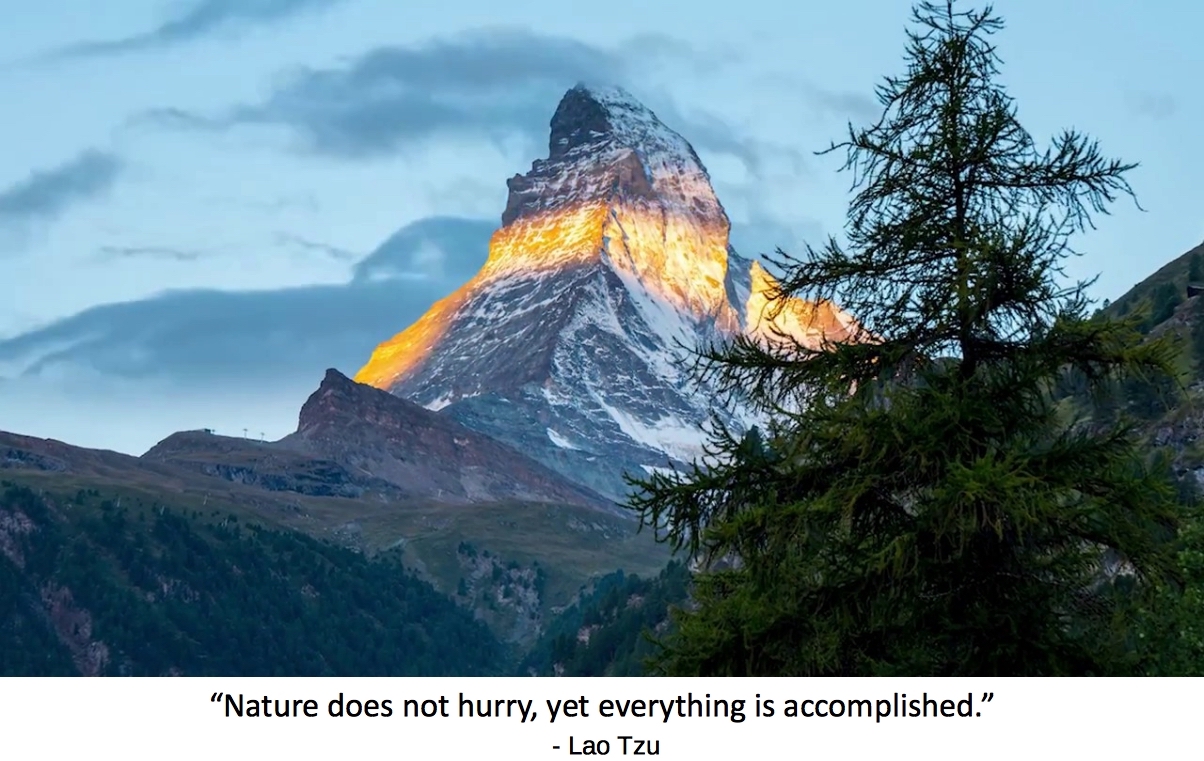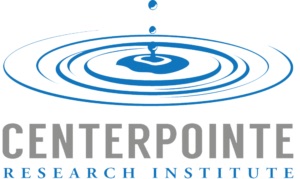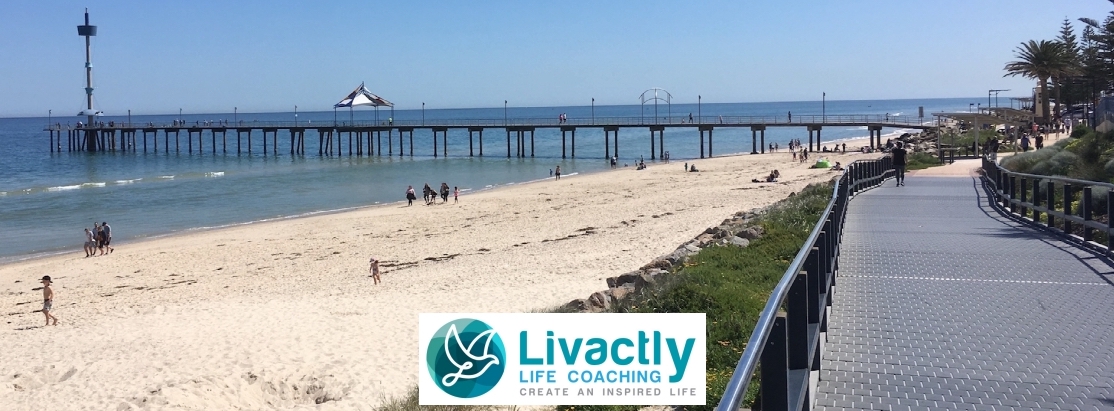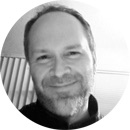by Marc Gilson, Director of Client Services, Centerpointe Research Institute
I was ten years old when I walked in the living room to find my father sitting on the sofa, his eyes closed. He was not sleeping. The TV was off. He was not listening to music. His breath was slow and even, the look on his face was one of peace and tranquility. He had nothing in his hands; they simply sat folded in his lap.
“Hey Dad!” I said, “What are you doing?”
He slowly opened his eyes and gave me a slight smile. “Not doing. Meditating,” he said.
I’d never seen anyone meditate before. I didn’t even know what meditation was or why anyone would spend their time doing it. From my ten year old perspective, it looked to me like dad was doing absolutely nothing at all. “Doesn’t look like you’re doing anything,” I observed. “Wu Wei,” said Dad.
“Woo what?” I said.
Wu Wei is the Taoist concept that, roughly translated, means “non-action,” or “non-doing.”
It’s central to the Taoist tradition for reasons I’ll explain shortly. But Wu Wei is a concept that holds a world of value for Taoists and non-Taoists alike (which I think covers all of us!).
While meditation is probably the most obvious manifestation of actually practicing Wu Wei, the idea itself is more of a way of seeing the world – and relating to it – than anything you specifically do. In fact, since Wu Wei is “non-doing,” it is definitely not a technique or specific activity.
You can’t really “do” Wu Wei. Yet you can still practice it.
While it’s important to at least touch on Wu Wei’s Taoist context, I won’t attempt a complete explanation of Taoism here. But to offer at least a very broad (and probably over-simplistic) definition of it.
Taoism is a belief system that emphasises the value of living and acting in harmony with nature and the universe. It is often described as “The Way,” which is to say:
The way to live, be happy, and be at peace.

The “way” equates to the natural flow of the universe, and everything in it. When one is in harmony with the “way,” life becomes simpler and clearer. Why? Because to properly follow the “way” you have to stop fighting with yourself, with others, with the world at large.
Instead, you listen to the rhythm of the world and let yourself fall into step with it.
The only “way” to really learn the “way” is to, ironically perhaps, get out of the “way.” Doing nothing, according to Taoism, can often result in more peace and happiness than always doing something. At least much of the time.
To the modern mind, this can seem contradictory.
How can you ever get anything done when you’re not doing anything? How can you expect to become more successful and more at peace without putting some effort into it?
Especially today, when life seems to be running on rails, moving so quickly that most of us can barely keep up, something like Wu Wei doesn’t quite seem to fit. Life, these days anyway, is lived at full speed, with more things on the “to do” list than we can comfortably manage.
How in the world can we employ a method of non-action when, at every turn, we are confronted with the need to act?
At first blush, Wu Wei can seem like a pointless idea that amounts to just sitting around passively while the world passes you by. But let’s look a little deeper. Wu Wei is not about being lazy and doing nothing.
Instead, it’s about cultivating a powerful form of mindful awareness about the world in which you live: your relationships, your job, your health, your finances and your spiritual path.
The more awareness we can create around ourselves and the world, the better our lives are going to be.
Why?
Because, as Centerpointe founder Bill Harris frequently said, “awareness creates choice.” When we make conscious choices (rather than having unconscious reactions) we are in the “driver’s seat” of life. We are in the best possible state of mind to make decisions, big and small. Here’s how Bill put it:
“When we really become aware of how our thoughts and actions are creating our experience of life, we have to ask ourselves whether we’re happy with that experience. If not, the good news is that you can change that experience – or almost any experience – that is causing you suffering.
How?
By developing enough awareness so that your thoughts and actions lead you into experiences that are healthy and that give you more of what you want.”
So how does Wu Wei help us develop this kind of awareness that can help us experience life in a healthier and happier way? Well as it turns out, Bill shared his own version of Wu Wei. It can be found in his “9 Principles of Conscious Living”.
In fact, the very first of Bill’s “9 Principles” is called “Let Whatever Happens Be Okay.”
This is such a simple idea. So simple, in fact, it would take two or three more articles to properly explain it! Letting whatever happens be okay doesn’t mean that you should necessarily be expected to like or enjoy everything that happens.
Some things happen in life that simply do not feel okay, and never will. But once something–even something negative–happens, we begin to make some automatic internal choices about how we manage it.
Do we fight it? Do we flee it? Do we go into a state of denial and pretend it didn’t happen? Do we engage in dysfunctional coping behaviours designed to numb us to the experience?
These reactions might seem natural. Running away from some external threat makes sense, after all.
But in this case we’re not talking about something external. We’re talking about our own thoughts and feelings. So going into denial or fight-or-flight with our own feelings is really just a resistance-based reaction that hampers awareness and usually gets us stuck in all kinds of worrisome cycles.
From the Wu Wei perspective, resistance-based coping mechanisms take us further and further away from living “in the flow” of the universe. Instead, resistance keeps us at constant odds with What Is. And this leads to all kinds of suffering on top of the suffering we already endure in the normal course of life.
However, when you can sit with a set of thoughts or feelings about something troubling, and you can let it be okay, then you can immediately begin to feel yourself back in the flow of life.
Wu Wei reminds us that we don’t have to fix everything immediately. How often have you inadvertently made something worse by trying to fix it? It’s happened to me more than I care to admit!
But Wu Wei says:
Stop! Just sit and watch for a moment. Just let your senses become attuned to what’s going on around you.
When you stop stirring up the waters of your life and let them settle, the waters become crystal clear and tranquil.
Then, and only then, will you be in the best position to make the smartest, healthiest, and most resourceful choices.
Wu Wei is not doing nothing. Neither is it always doing something. It is an idea that reminds of us of the value of stopping. Of watching. Of listening. Of becoming aware and mindful of the forces already at work in our lives.
One of the great gifts of the meditative life is that it affords us time to experience Wu Wei. After all, meditation is not about doing, but being. Simply sitting for a few minutes each day in a non-doing state comes with a list of benefits too long to list here.
Yet meditation isn’t easy for most of us. We could argue that it ought to be. After all, what could be simpler for a person to do but to sit and be still without the burden of doing, thinking, worrying, choosing, planning, strategising, etc?
But the truth is that “doing nothing” isn’t as easy at it looks. Meditation is hard because it takes away the mind’s pacifier of activity.
The mind has a mouth full of teeth, but gets nothing to chew on when meditating. Even the casual meditator knows that the first thing that happens when you sit to try to “do nothing” is that the mind creates hundreds of scenarios to fill the gap. Many people have no idea just how deep their mind’s addiction to stimulus goes until they try to meditate.
Meditation is exceedingly simple, but not exceedingly easy.
This was, in part, why Bill Harris developed Holosync®. When you listen to your Dive and Immersion tracks, you have a structure, a gentle meditative stimulus (in the form of the crystal bowls and rainfall) to keep your conscious mind somewhat quiet, and – here’s the big plus – a stimulus in the form of Holosync® that pushes the brain to change and grow over time…
...thereby speeding up the time it takes to experience the benefits usually only available to the lifelong meditator.
Hopefully, you’re already doing Holosync® (and if not, you’ll find a link below so you can learn more and get started).
But even if you decide to take up a conventional meditation practice, keep in mind the lessons of Wu Wei.
Sit and listen and sense the flow happening around you. This flow–whether we like what it’s bringing us or not–can help us grow and change in ways a life of constant doing, doing, doing, will never give us.
I wanted to share a quick affirmation/mantra based on both the idea of Wu Wei and the first of Bill’s 9 Principles of Conscious Living: Let Whatever Happens Be Okay.
While Wu Wei is about non-action, you can introduce your mind to the value of the idea by something as simple as reciting this short set of affirmations:
Today I will...
- listen
- watch
- feel
- notice
- allow my awareness to expand
- find the way and the flow of the world around me
- let whatever happens be okay
- fall in sync with the beat of the universe
- effortlessly connect with and adapt to the momentum of the universe
- be a student of the energies and experiences around me and use them to the betterment of myself and others.
Try reciting these affirmations out aloud each morning for two weeks and see if you notice a change in your days as they unfold and as you begin to…
...find yourself in the flow of the powerful energies flowing around you.

About Centerpointe Research Institute
Centerpointe Research Institute was founded by the late Bill Harris in 1989. The Institute produces as it's flagship a product called Holosync®, an audio program formulated to recreate the brain wave patterns of experienced meditators. If you use this program daily, you can achieve the same results in 8 times the time it takes for traditional meditation.
If you would like to get a free e-book called 'The New Science Of Super Awareness' by Bill Harris, please visit this web site.
When you sign up, you will also be able to get the audiobook version for free, as well as a free demo of Holosync®.

